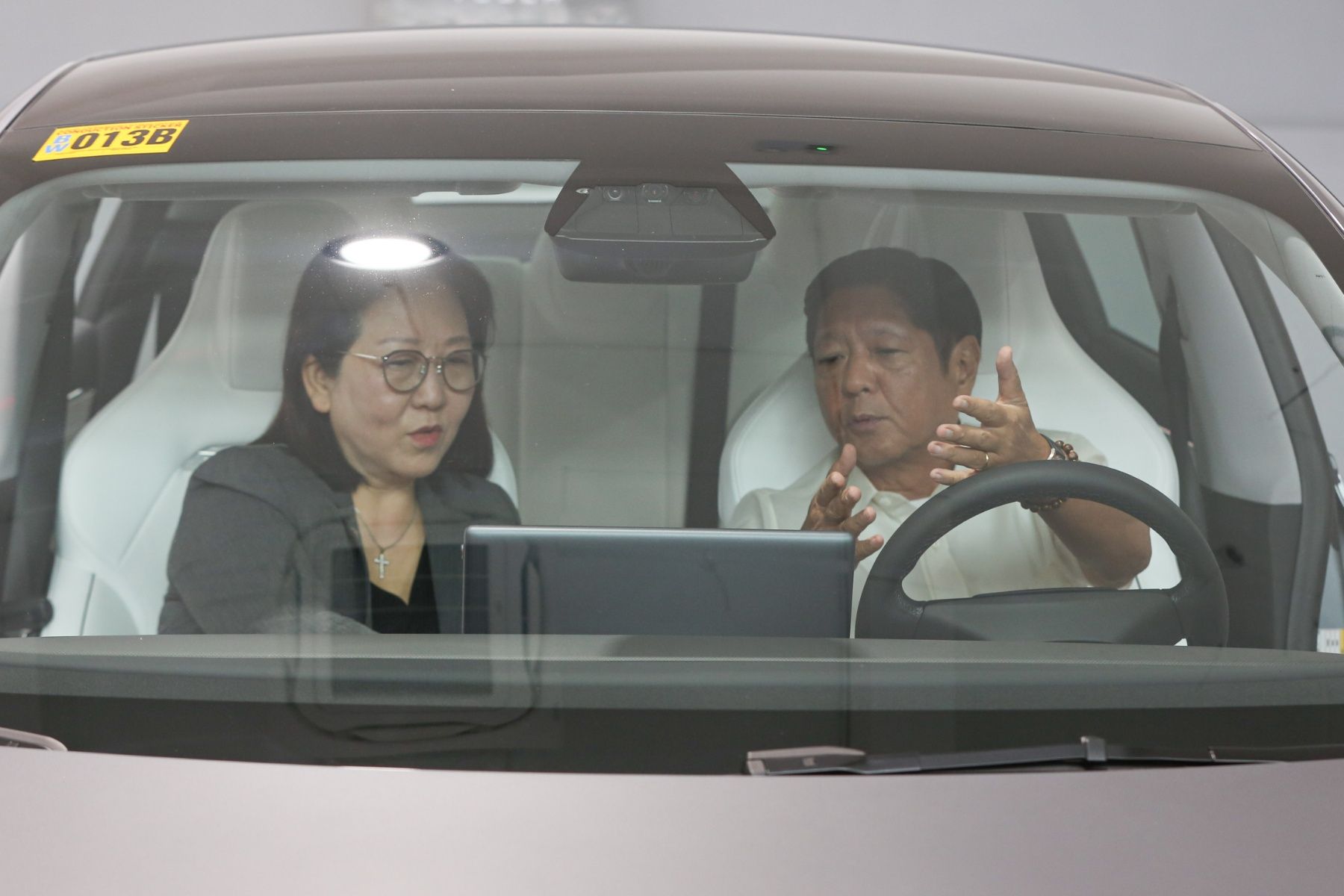Tesla's entry in PH signals more environment-friendly transpo system
The entry of multinational automotive firm Tesla into the Philippines is a step forward to the country's long-term goal towards an environmentally-friendly transportation system, President Marcos said.

Marcos said it marks another significant step in the country's fight against climate change.
"While it is true that electric vehicles are currently seen as premium products, Tesla’s entry into the Philippine [market] signals much more than high-tech cars on the road. It is a step – a very significant step forward to our long-term transformation towards a more environment-friendly transportation system," Marcos said in his speech at the launching of Tesla Center Philippines in Taguig City on Monday, Jan. 20.
"The government understands that transitioning to electric vehicles is a complex journey, one that requires vision and a great deal of strong and committed concrete action to make it practical, inclusive, and impactful for every Filipino," he added.
The President further said that Tesla’s decision to invest in the Philippines was a "recognition of our nation’s potential, underpinned by forward-thinking policies and a collective determination to innovate."
He stressed that as Tesla lays the groundwork, and as the government invests in infrastructure and implements policies supporting the industry, competition will grow, which may lead to half of the vehicles in the streets as electric vehicles.
"Let me also highlight that Tesla’s entry into the country will encourage local innovation and drive new investments in the EV sector," he said.
Marcos also said with Tesla's plans to expand, the automotive company is building a generation of Filipinos equipped to lead in the global shift towards sustainable technologies.
He also expressed hopes that Tesla can one day choose to manufacture its vehicles in the Philippines.
In his speech, the Chief Executive also highlighted reforms and policies the government has undertaken to further attract investments into the country.
He emphasized that the Tax Reform for Acceleration and Inclusion or TRAIN Act removing the excise taxes on battery electric vehicles and the Electric Vehicle Industry Development Act or EVIDA offers duty-free importation for charging stations, lower user fees for EV owners, and prioritized registration and traffic privileges created more competitive, traditional options.
“Under the Tax Reform for Acceleration and Inclusion or TRAIN Act, excise taxes on battery electric vehicles have been removed, making these advanced technologies more competitive than other traditional options,” the President pointed out.
“The Electric Vehicle Industry Development Act or EVIDA offers duty-free importation for charging stations, lower user fees for EV owners, and prioritized registration and traffic privileges,” he added.
Marcos also emphasized the additional measures that concretize the laws and strengthen the government's commitment to clean energy.
These measures include Comprehensive Roadmap for the Electric Vehicle Industry (CREVI) which aims to achieve a fifty percent electric vehicles market share in the Philippines by 2040; and the issuance of Executive Order No. 62 which aims to reduce tariff rates to zero until 2028 on pure electric or hybrid four-wheel and motorcycle EVs.